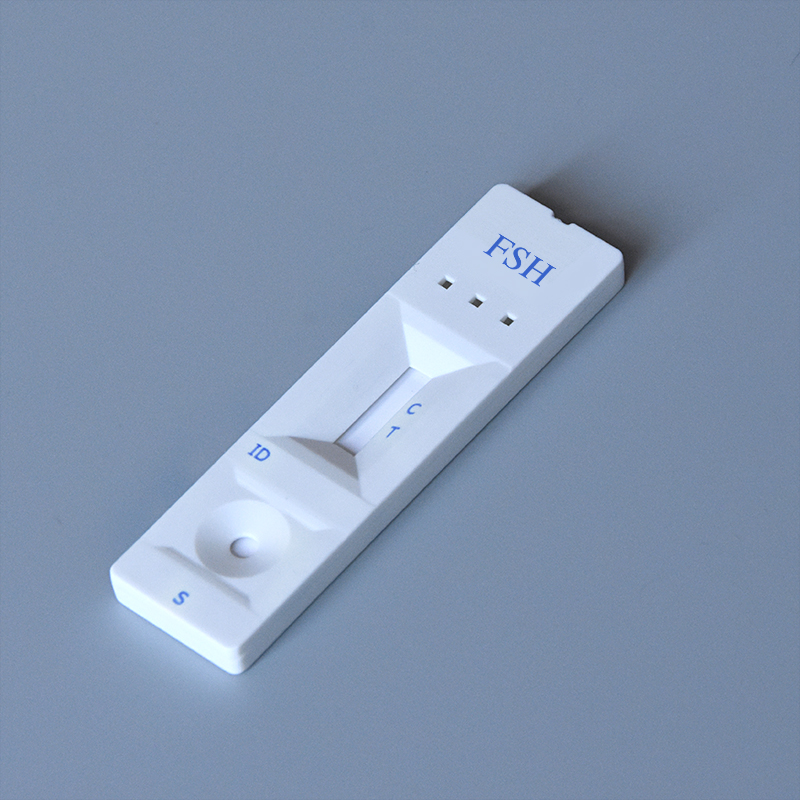Oct . 30, 2024 21:30 Back to list
fobt diagnostic test manufacturer
FOBT Diagnostic Test Manufacturers An Overview
Fecal Occult Blood Test (FOBT) is a crucial screening tool used to detect hidden blood in stool, which may indicate various gastrointestinal conditions, including colorectal cancer. FOBT has gained prominence for its non-invasive nature and ease of administration, making it a preferred choice for regular screening, particularly in individuals over 50 years of age. As demand for early detection of colorectal cancer increases, so does the significance of FOBT diagnostic test manufacturers.
An array of manufacturers worldwide specialize in producing FOBT kits, each contributing to the market with varying technologies and approaches. Among the leaders in this sector are companies like Roche, Hemoccult, and SureScreen Diagnostics. These manufacturers utilize different methodologies, such as guaiac-based tests and immunochemical tests (FIT), each with unique features, benefits, and limitations.
FOBT Diagnostic Test Manufacturers An Overview
In contrast, immunochemical tests (FIT) are more specific for human hemoglobin and are generally regarded as more sensitive and selective than guaiac-based tests. FIT does not require dietary restrictions, making it user-friendly and easier to administer, thus potentially increasing compliance among patients. Leading manufacturers produce advanced FIT kits that integrate sophisticated technology for better sensitivity and specificity, further enhancing the reliability of stool tests.
fobt diagnostic test manufacturer

The manufacturing process of FOBT kits involves stringent quality control measures to ensure accuracy and reliability. Most manufacturers adhere to regulations set by health authorities, such as the FDA in the United States and CE marking standards in Europe. These regulations dictate the clinical validity and performance characteristics of the tests, which are essential for gaining market approval and consumer trust.
Training and education for healthcare providers are also crucial aspects of FOBT diagnostics. Manufacturers often provide comprehensive resources, including detailed manuals, training sessions, and support for clinics and laboratories. These resources aim to improve the understanding of the tests’ interpretation and the importance of follow-up procedures, thus ensuring optimal patient outcomes.
As awareness of colorectal cancer screening continues to grow globally, FOBT manufacturers are also innovating their products. With advancements in technology, there is a push for more sophisticated digital platforms that allow for easier collection, tracking, and reporting of test results. Such developments can streamline the screening process and improve patient engagement.
Moreover, the competitive landscape of FOBT manufacturing is witnessing a trend toward increased collaboration between manufacturers and research institutions. This collaboration aims to enhance test efficacy and explore new biomarkers that could enhance the diagnostic capability of FOBT.
In conclusion, FOBT diagnostic test manufacturers play an integral role in the fight against colorectal cancer through the development of reliable and effective screening tools. By continuously advancing their technology and focusing on user-friendly approaches, these manufacturers contribute significantly to improving early detection rates and patient outcomes. Their ongoing commitment to quality and innovation is vital to meeting the screening needs of an aging population and addressing the health challenges of the future.
-
COVID-19 Rapid Antigen Test Kit: Accurate & Fast Home Results
NewsAug.24,2025
-
Premium Cassette Lateral Flow Devices for Rapid Diagnostics
NewsAug.23,2025
-
Pregnancy Test Calculator: Know Your Weeks, Week by Week
NewsAug.22,2025
-
Malaria Pf Ag Rapid Test Kit - Quick & Accurate Detection
NewsAug.11,2025
-
Accurate Cardiac Marker CK-MB Rapid Test for Quick Results
NewsAug.10,2025
-
Premium Empty ABS Plastic Cassette for Test Strips
NewsAug.09,2025

